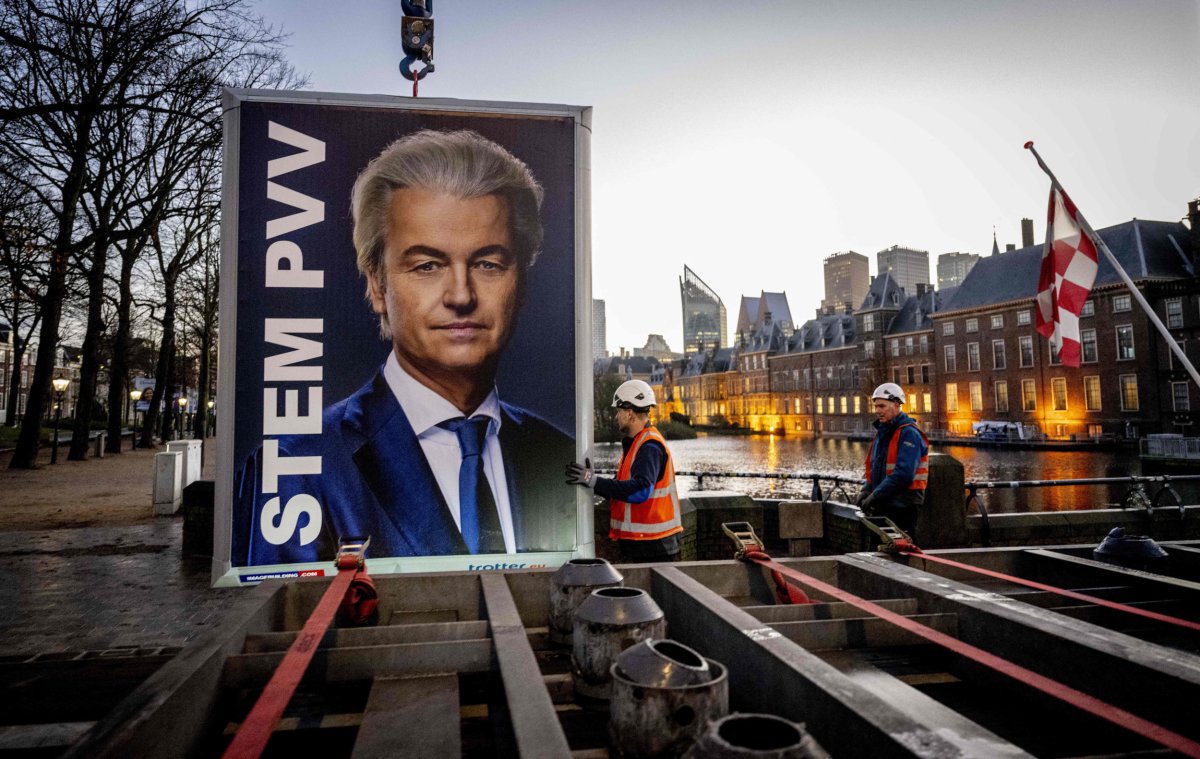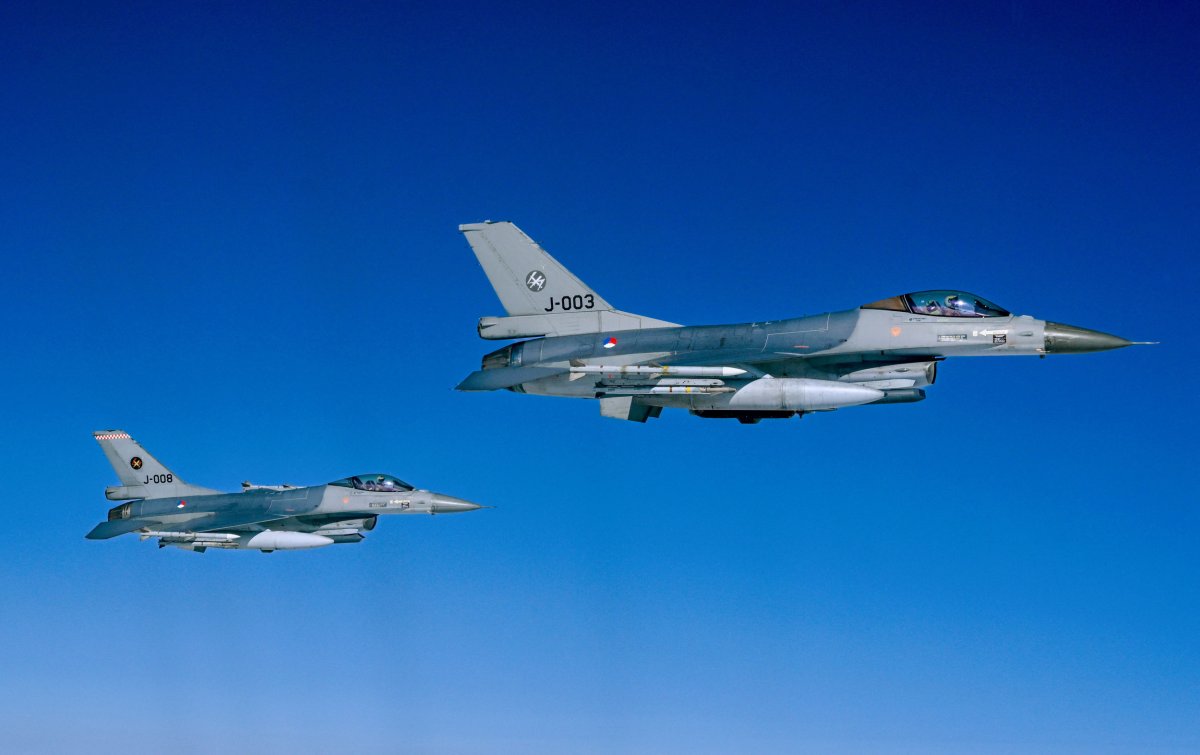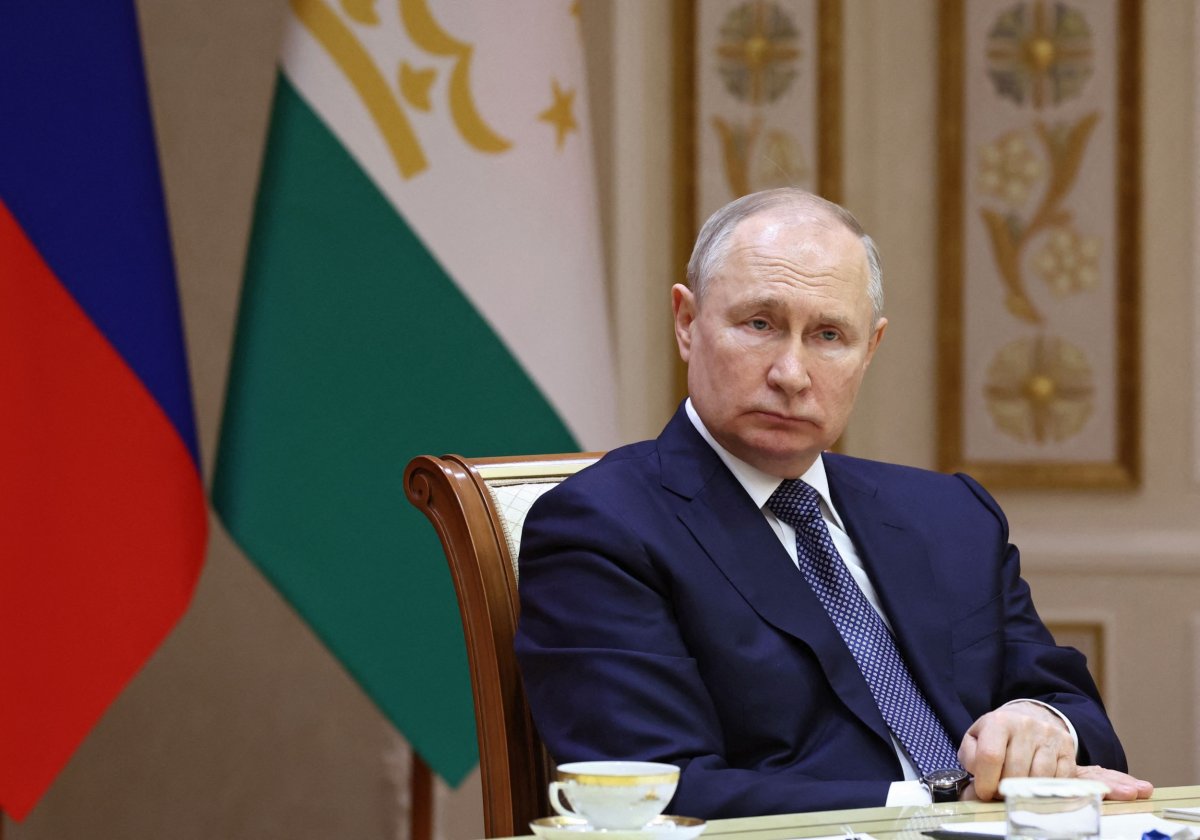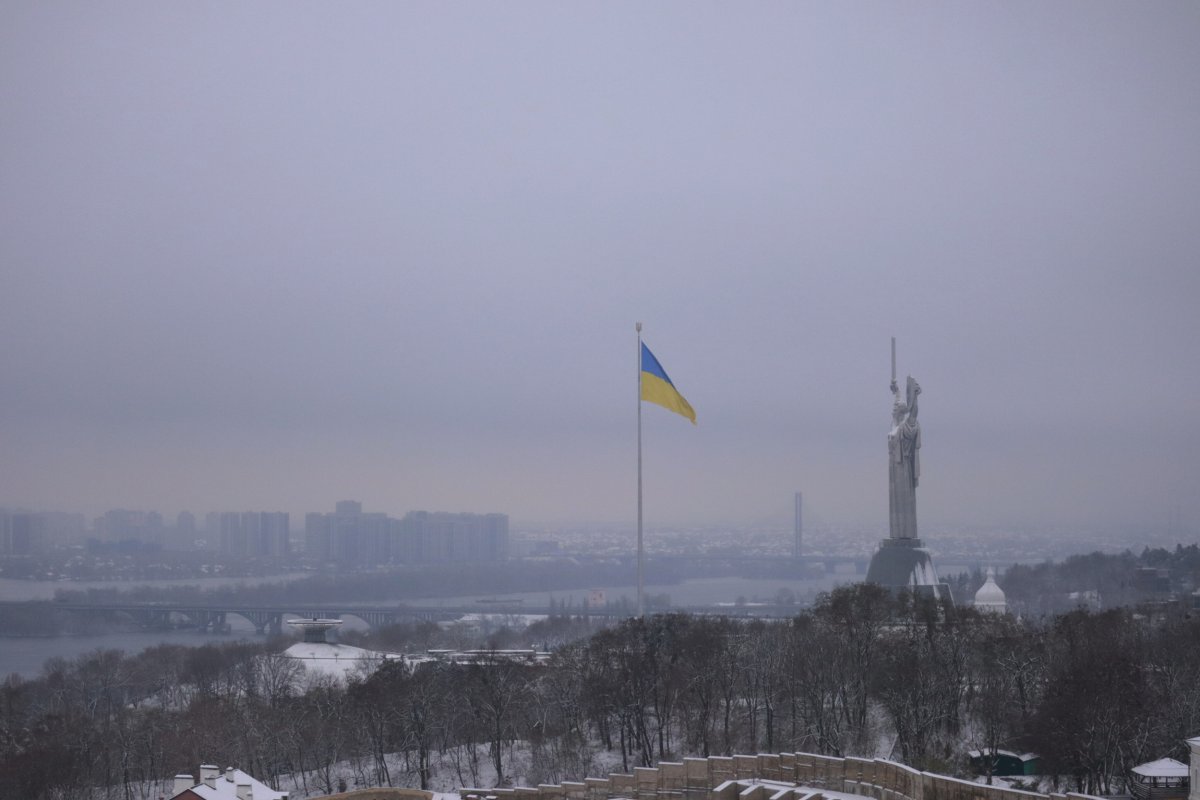Europe's political establishment is reeling after Dutch firebrand Geert Wilders and his far-right Freedom Party (PVV) emerged as the surprise winner of this week's general election.
Wilders—who for almost two decades has been one of Europe's most controversial far-right figures—led his party to its best-ever result in Wednesday's election, with his Euroskeptic, anti-Islam PVV set to win about 37 of the 150 seats in parliament.
Frans Timmermans' Labour-Green alliance appears set to take second place after winning 25 seats, while Dilan Yeşilgöz—the successor to outgoing Premier Mark Rutte as head of the center-right People's Party—performed below expectations and is expected to win 24 seats.
Negotiations will begin to form a government, with Wilders and his PVV in a commanding position to lead the next Dutch administration.

"It was quite a surprise, to be honest, that PVV won the election, but also that they did so with so many seats," Julia Soldatiuk-Westerveld, a research fellow at the Clingendael Institute think tank based near the Dutch city of The Hague, told Newsweek.
The apparent growing popularity of right-wing politics in general is "partly" connected "to the ageing population and a growing sense of insecurity due to geopolitical developments, but also due to the growing feeling that this group is not being represented in national politics," Soldatiuk-Westerveld added.
Prime Minister Wilders?
Wilders and his PVV party have long been linked to Russian President Vladimir Putin's Kremlin. Wilders is among the PVV members to have visited Russia even after its seizure of Crimea in 2014 and the shooting down of flight MH17 by Russian forces occupying eastern Ukraine, in which 193 Dutch citizens were killed.
Newsweek has contacted the PVV by email for comment.
His surprise victory will be another cause for concern in Kyiv, where officials are fighting to maintain Western support amid a disappointing summer counteroffensive operation and ahead of another long and difficult winter.
A Wilders-led new administration might scale back military and financial support for Ukraine—including a commitment to send F-16 fighter jets—and Dutch commitment to sanctions on Russia. Though Wilders condemned Russia's February 24, 2022, full-scale invasion, he said during the final election debate before Wednesday's vote that he would not support more military aid to Ukraine.
"It seems to be disturbing news for Ukraine," Oleksandr Merezhko, a member of the Ukrainian parliament and chair of the body's foreign affairs committee, told Newsweek. "Judging by the previous statements of Wilders, he is not a friend of Ukraine.
"We hope that other political parties in the Netherlands, which support Ukraine, will continue to do so and will constrain attempts of the far-right parties in the Netherlands to stop aid to Ukraine. Besides, there is often a difference between election rhetoric and actual behavior of a party after the election."
Coalition negotiations are expected to take months. Yeşilgöz on Thursday appeared skeptical of a deal with the PVV, telling reporters: "I have said that I didn't see that this country would have a leader who does not bring together all Dutch people...but above all I don't see a majority forming."
For now, Dutch focus will be on the domestic front, Soldatiuk-Westerveld said.
"Dutch political culture is that it's a coalition country. So, even if the leading party that will enter the coalition has quite extreme views on certain issues, there will be a damping effect.
"If the coalition will be led by Wilders as prime minister, then probably the likelihood of reduced financial support for Ukraine is quite likely, because they will be focusing on domestic issues."
For now, though, the Dutch F-16 contribution should be safe.
"It is quite difficult to change the direction of foreign policy, especially decisions that have been made at the European level," Soldatiuk-Westerveld said. "It is possible to freeze some of the decisions, so that's something a coalition with PVV could do.
"I think most likely—at least in the shorter short term, so half a year maybe a bit longer while the government is being formed—the policy and the sitting cabinet will still be in place. The policy should not change with regard to that.
"The first F-16s should be delivered sometime in the spring, so that should still go through. But probably what we're going to see is that Netherlands will not be taking this leading role that it used to in support of Ukraine."
Merezhko expressed hope that the momentum built under Rutte will win out.
"The Netherlands belong to those countries which have officially numerous times promised to support Ukraine as long as it takes," he said. "It would be very difficult for the Netherlands to backtrack on this promise and the policy of support of Ukraine."

Populist Wave
Wilders' victory is no aberration in a Europe beset by cost-of-living crises, immigration pressures, rising inequality and aging populations. Populists—largely of the right-wing variety—have been making huge strides across the continent, growing in influence even when not winning elections.
A multinational cast of anti-establishment, right-wing, Euroskeptic leaders welcomed Wilders' win. Among them were several whose parties have been accused of improper ties with Moscow.
Marine Le Pen—the leader of the National Rally part in France, who lost to President Emmanual Macron in last year's presidential run-off—said she was delighted by the showing of her Dutch allies. Like Wilders, Le Pen has been widely criticized for close ties with Moscow, including a controversial loan from a Russian bank.
Matteo Salvini, Italy's deputy prime minister and leader of the anti-immigrant League party, said the result showed that a new Europe is possible. Salvini was a public admirer of Putin until the February 2022 invasion of Ukraine and planned a May 2022 peace visit to Moscow, which was ultimately canceled amid public outrage.
"Congratulations on this great success," Alice Weidel, leader of the far-right Alternative for Germany (AfD) party said on Thursday morning. "All of Europe wants a political turnaround!"
The AfD has shaken German politics by rising to second in the polls in recent months, kicking Chancellor Olaf Scholz's Social Democrat Party into third. The party's apparent sympathy with the Kremlin has earned its members the collective nickname "Putin understanders."

Hungarian Prime Minister Viktor Orban—Europe's most outspoken and influential Ukraine skeptic—declared: "The winds of change are here!" on X, formerly Twitter. A Wilders-led coalition might look to cooperate with Hungary's government, which has long been a thorn in the collective EU-NATO paw. Prime Minister Robert Fico in Slovakia, too, may become an anti-establishment ally.
Support for Europe's rising populist right-wing parties is not necessarily being driven by opposition to Western backing for Ukraine in its existential war against Russia. But the growing power of such parties will challenge the collective pro-Kyiv European response to the war, and the aid that has been pivotal in Ukraine's survival.
"It's not just in Europe," Richard Haass, the president emeritus of the Council on Foreign Relations, told Newsweek. Similar trends are visible in the Americas, too, whether in the election of libertarian Argentine President Javier Milei or the stubborn popularity of former President Donald Trump, he said.
"It's not being driven by Ukraine, but it is driven by dissatisfaction, and there's a populist-isolationist overlap, plus a certain unfortunate flirtation with authoritarians, and Russia in particular," Haass said.
Ukraine did not loom large in the Dutch election, Soldatiuk-Westerveld said.
"Foreign policy, support to Ukraine, EU integration and enlargement were very little discussed in debates and the election campaigns," she said. "The focus was very much on migration and refugees."
But Kyiv is wary of the knock-on effects. Ivan Stupak—a former officer in the Security Service of Ukraine and now an adviser to the Ukrainian parliament's national security, defense and intelligence committee—told Newsweek that recent political trends in Europe are "of great concern" in Ukraine: "I see that Europeans are pretty tired."
The Kremlin will be pleased, Merezhko suggested.
"Putin is covertly supporting and even financing the far-right and far-left in European countries," he said. "It's part of his tactics to sow chaos and political polarization in democracies. Far-right populists in Europe sometimes manipulate the Ukrainian issue in order to depose ruling centrist and moderate parties.
"People in Europe should understand one simple truth—if Ukraine fails, then their countries will inevitably have to fight directly against Russia. It is less costly to help Ukraine now to stop an aggressive Russian empire than to fight it on the battlefield themselves in five to 10 years.
"Far-right parties which are against support of Ukraine are de facto Putin's allies, and act against interests of their own countries."

Uncommon Knowledge
Newsweek is committed to challenging conventional wisdom and finding connections in the search for common ground.
Newsweek is committed to challenging conventional wisdom and finding connections in the search for common ground.
fairness meter
To Rate This Article
About the writer
David Brennan is Newsweek's Diplomatic Correspondent covering world politics and conflicts from London with a focus on NATO, the European ... Read more
To read how Newsweek uses AI as a newsroom tool, Click here.








